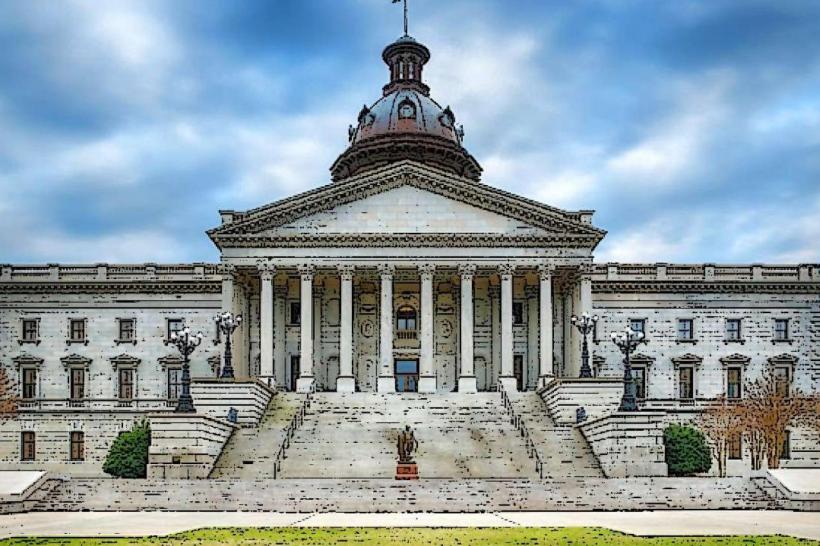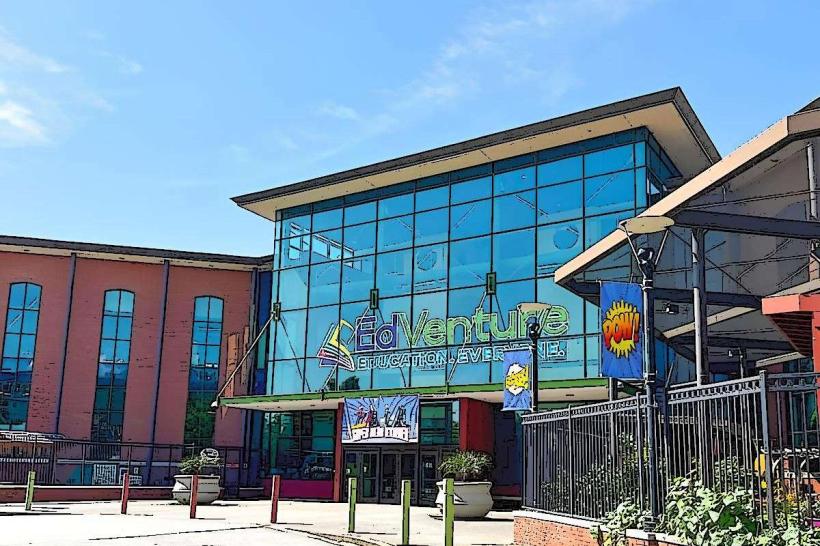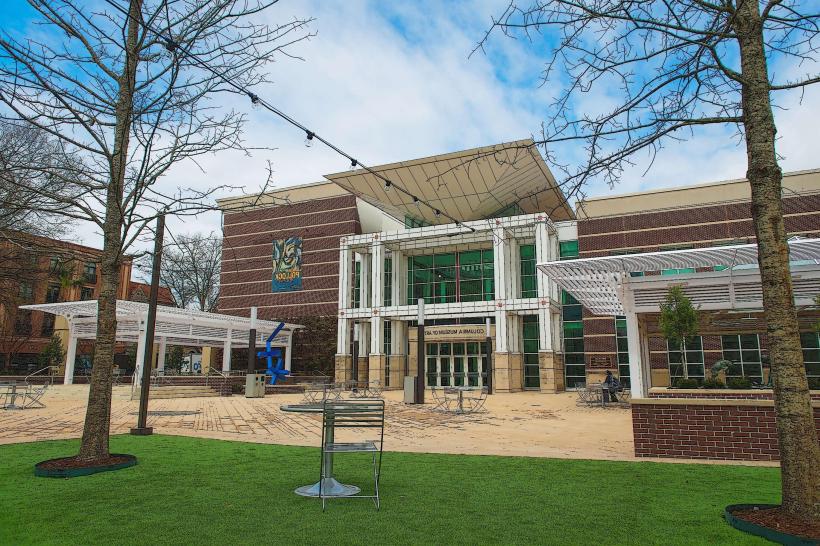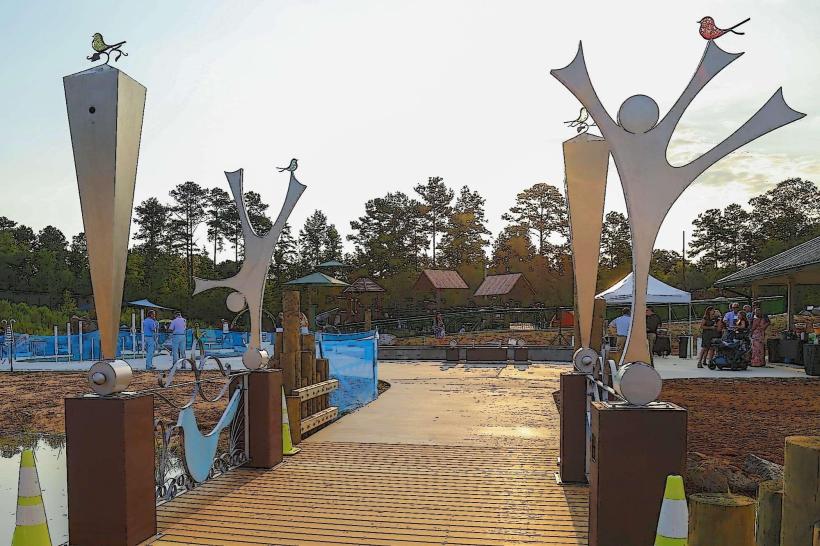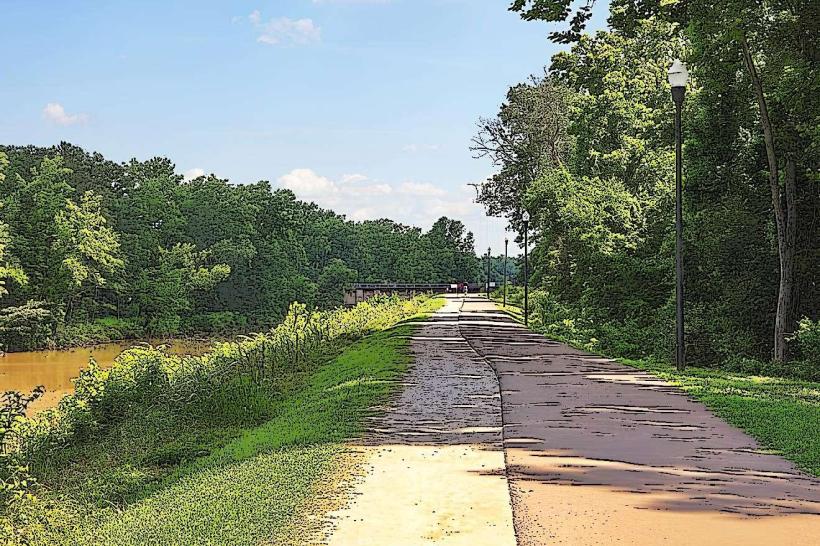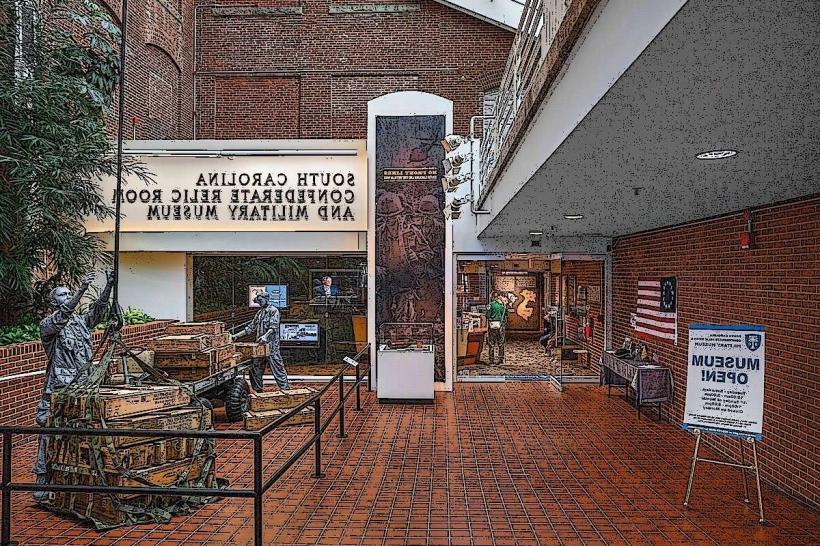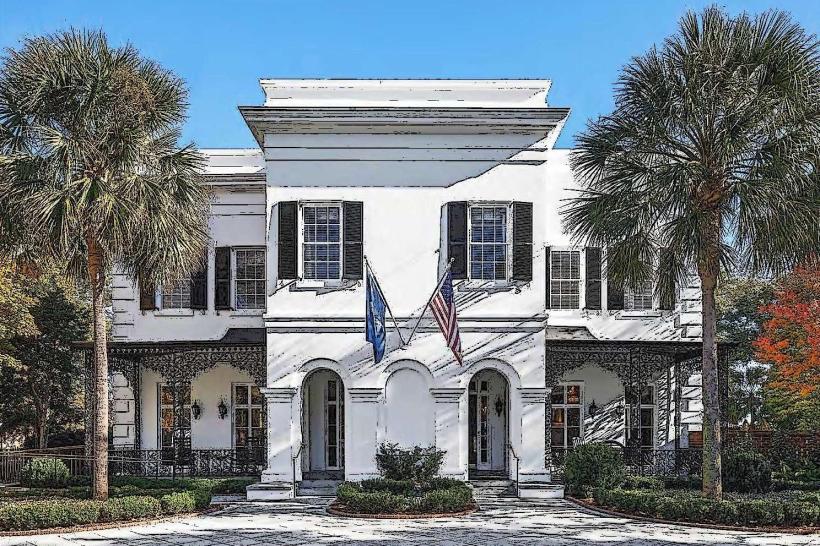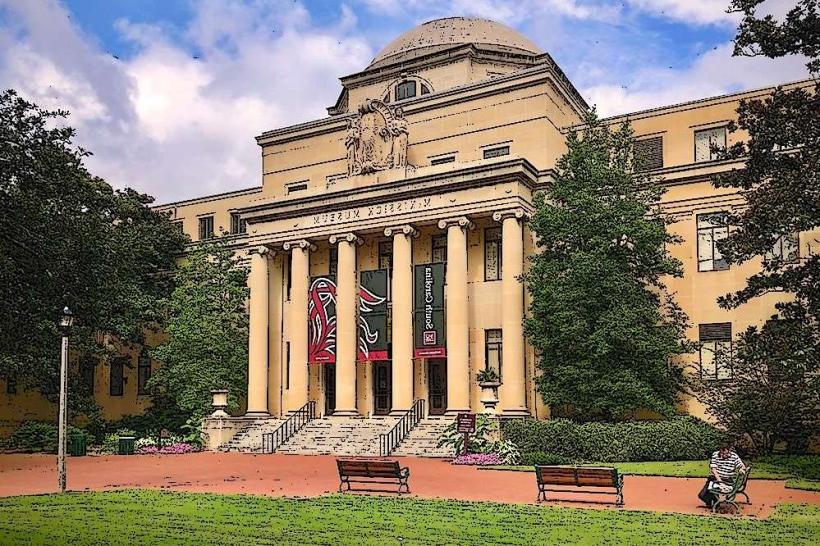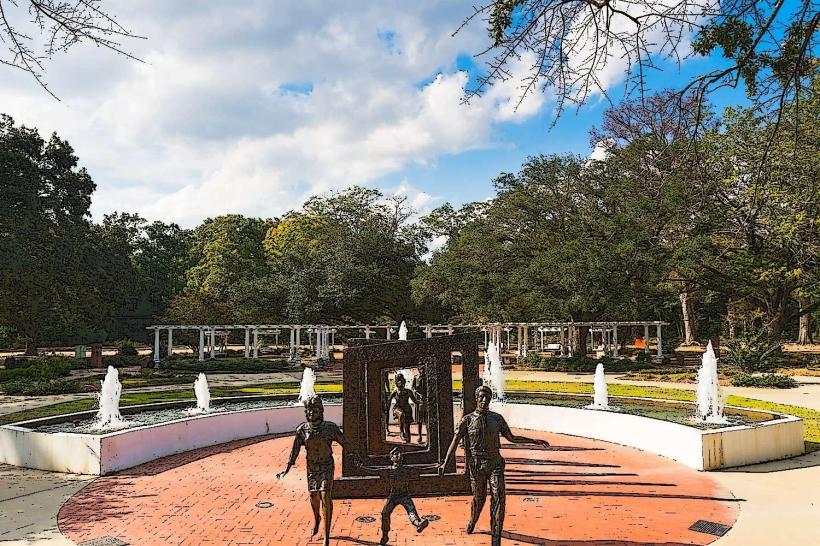Information
Landmark: Benedict CollegeCity: Columbia SC
Country: USA South Carolina
Continent: North America
Benedict College, Columbia SC, USA South Carolina, North America
Benedict College – Columbia, South Carolina – In Detail
Overview
Benedict College is a private, historically Black liberal arts institution located in Columbia, South Carolina. Founded in 1870 during the Reconstruction era, it was established by northern Baptist missionaries with a mission to educate newly emancipated African Americans. Today, Benedict stands as a prominent HBCU (Historically Black College or University) known for its commitment to academic excellence, community service, cultural enrichment, and leadership development.
The college serves a predominantly African American student body and plays a vital role in higher education in the Southeast, combining a strong liberal arts foundation with professional and career-focused programs.
Historical Background
Founding (1870):
Benedict College was founded by Bathsheba A. Benedict, a philanthropist from Rhode Island, who provided the initial funding. It was established under the American Baptist Home Mission Society.
Originally called Benedict Institute, its mission was to train teachers and ministers from among freed African Americans.
The first classes were held in a former slave master’s mansion on the 110-acre site where the college remains today.
Transition and Growth:
By 1894, Benedict had expanded to offer a full college curriculum and changed its name to Benedict College.
Over the 20th century, it became a leader in African American education, producing generations of teachers, preachers, public servants, and entrepreneurs.
The college remained a beacon of Black intellectual life during segregation and continues to uphold that legacy.
Campus and Facilities
Located just north of downtown Columbia, the campus blends historic architecture with modern facilities:
Historic buildings like the Morgan Hall and Duckett Hall speak to the school’s legacy.
Newer structures include state-of-the-art STEM centers, digital learning labs, and expanded athletic facilities.
The David H. Swinton Campus Center acts as a student hub for services, dining, and events.
The campus retains its collegiate Gothic and red-brick aesthetic, surrounded by tree-lined walks and green spaces, contributing to a cohesive and community-oriented environment.
Academic Programs
Benedict offers over 25 majors and programs across several academic divisions:
School of Business and Economics
School of Education, Health, and Human Services
School of Humanities, Arts, and Social Sciences
School of Science, Technology, Engineering, and Mathematics (STEM)
Popular programs include:
Criminal Justice
Biology
Computer Science
Business Administration
Psychology
Education
The college is especially recognized for:
Its transformative teaching model focusing on social mobility.
A strong commitment to student mentorship and faculty engagement.
Integrating experiential learning through internships, research projects, and service learning.
Civic and Cultural Significance
Benedict has been deeply tied to civil rights activism and Black leadership in South Carolina:
During the 1960s, its students were active in sit-ins and protests in Columbia.
Many alumni went on to become prominent figures in politics, education, ministry, and social justice.
The college is also a center for African American culture, regularly hosting:
Guest lectures by national leaders
Art exhibits, film screenings, and literary readings
Gospel choirs and marching band performances
Athletics and Student Life
Athletics:
Benedict College is a member of the NCAA Division II and the Southern Intercollegiate Athletic Conference (SIAC).
Teams: Known as the Benedict Tigers, they compete in football, basketball, baseball, volleyball, cross country, track & field, and softball.
The Charlie W. Johnson Stadium is a major athletic facility and frequently hosts regional football games.
Student Organizations:
Over 50 student clubs and organizations, including Greek life, honors societies, and academic associations.
Leadership development programs like the Benedict College Leadership Institute prepare students for public and private sector roles.
Community Engagement:
Benedict runs outreach initiatives across Columbia, including tutoring, food drives, neighborhood revitalization, and voter education.
The college maintains a strong service-learning focus, aligning academics with community impact.
Presidential Leadership and Vision
In recent years, under leadership such as Dr. Roslyn Clark Artis (appointed in 2017), Benedict has focused on:
Digital transformation of curriculum and infrastructure
Strategic enrollment growth
Campus revitalization projects
Expanding partnerships with corporations and nonprofits
Dr. Artis was the first woman to lead the institution, marking a significant moment in its evolving legacy.
Notable Alumni
James E. Clyburn – U.S. Congressman and House Majority Whip
LeRoy T. Walker – First Black President of the U.S. Olympic Committee
Rev. Joseph DeLaine – Civil Rights activist linked to the Briggs v. Elliott case, a precursor to Brown v. Board of Education
Legacy and Impact
Benedict College is more than an academic institution-it is a pillar of Black excellence, educational opportunity, and cultural pride in the American South. With deep roots in the fight for racial justice and an unwavering commitment to student advancement, the college stands as a transformative force in the lives of thousands.
Its legacy is carried in the voices of its graduates, the leadership of its faculty, and the strength of its community, all bound by a core mission: to prepare students for lives of integrity, creativity, and purpose.


